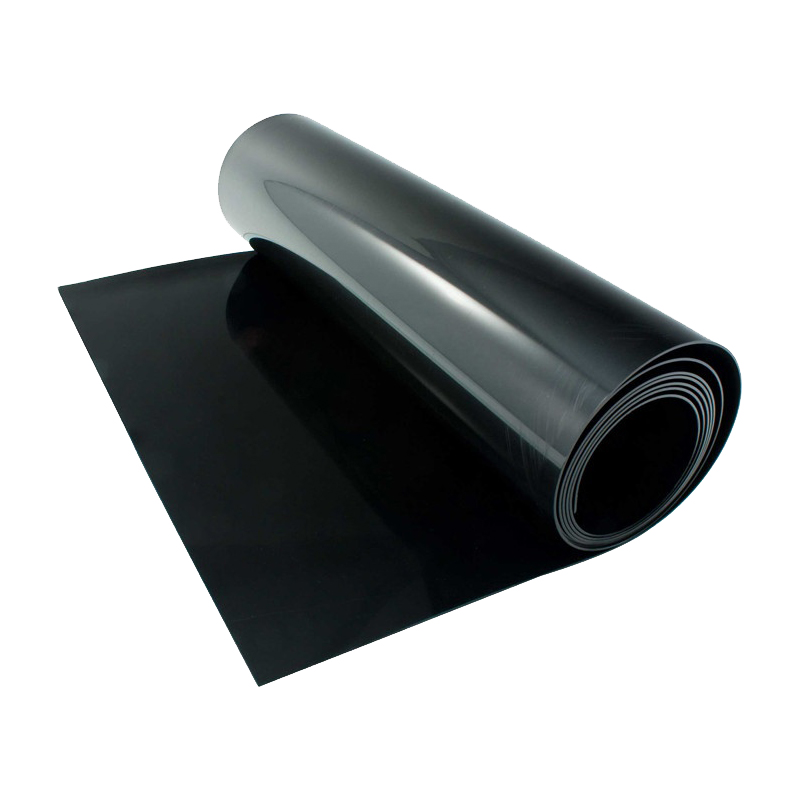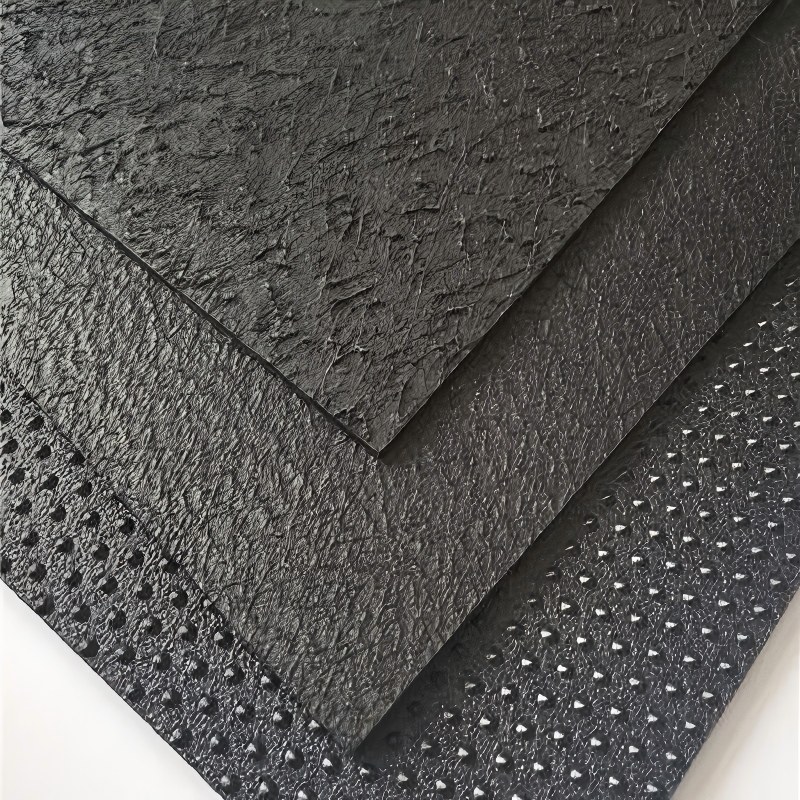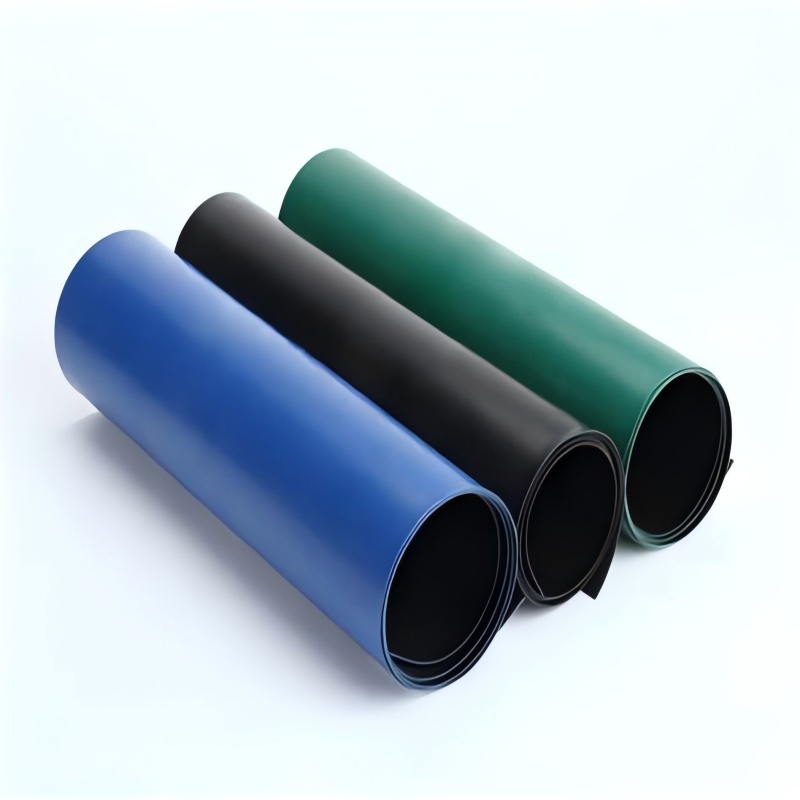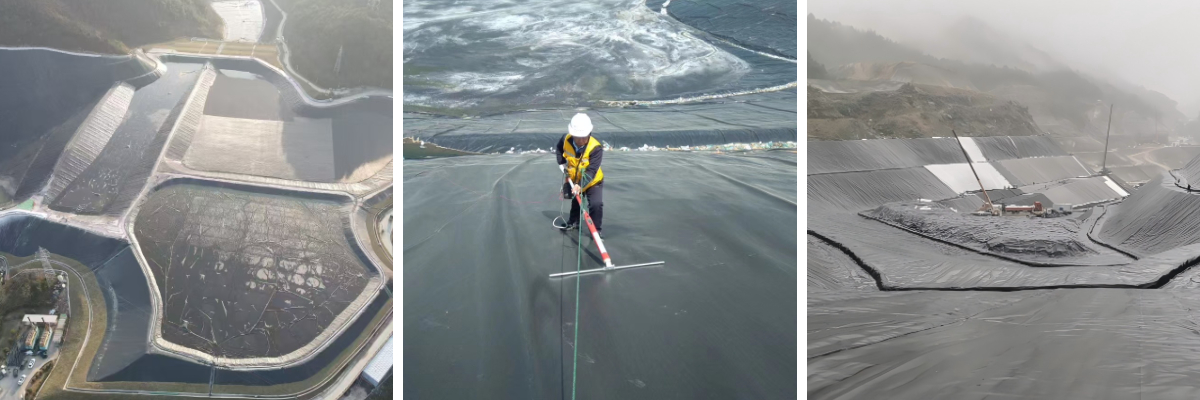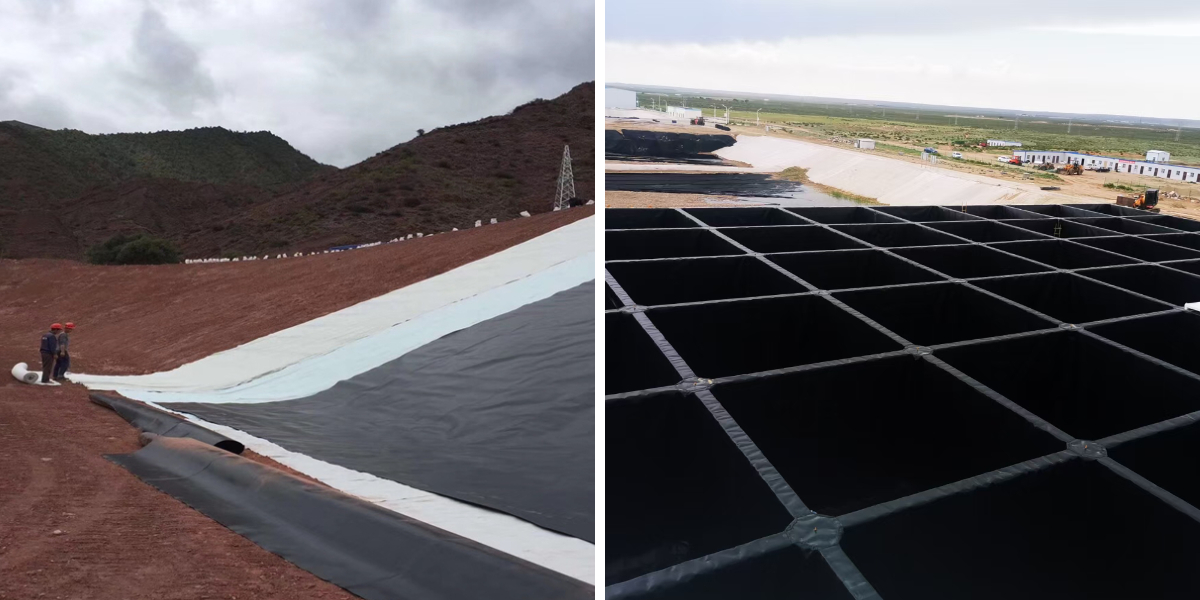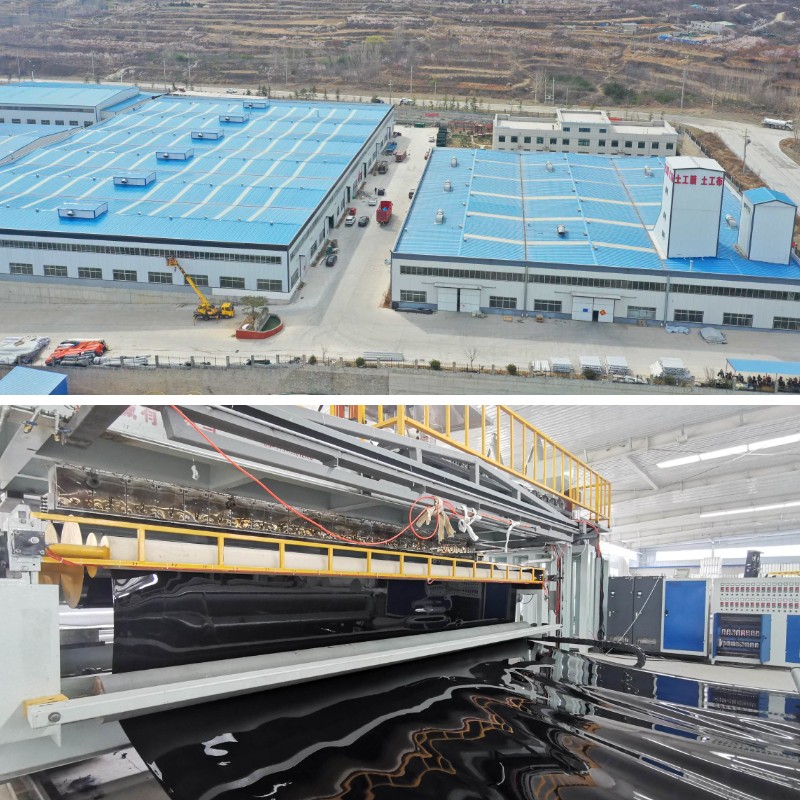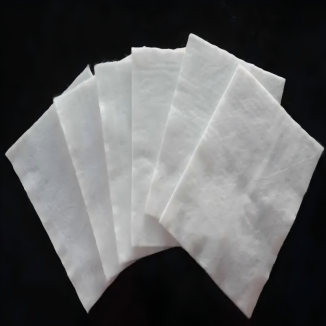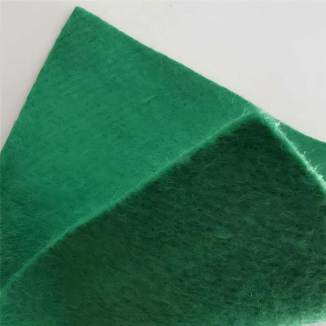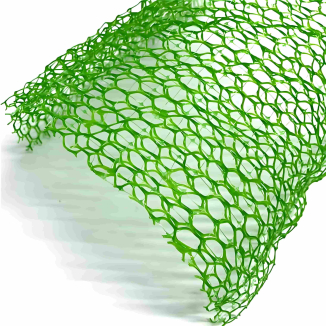60 mil HDPE Geomembrane
1. High impermeability: Almost impermeable and non breathable, with excellent anti-seepage effect.
2. Chemical corrosion resistance: It can resist the erosion of chemical substances such as acid, alkali, salt, and oil.
3. UV resistance and aging resistance: Some geomembranes are added with UV resistant components, which are suitable for long-term exposure environments.
4. Good flexibility: adapts to foundation deformation and is not easily cracked.
5. Convenient construction: can be welded or bonded, flexible to lay, suitable for complex terrains.
6. Economic and Environmental Protection: Compared to traditional anti-seepage materials such as concrete, it has lower costs and is environmentally friendly.
Product Introduction:
60 mil HDPE Geomembrane is an impermeable thin film material made from polymer materials, mainly used for anti-seepage, isolation, reinforcement and other engineering scenarios. It is one of the important synthetic materials in civil engineering. It forms a thin film with a certain thickness and strength through the processing of polymer materials (such as blow molding, rolling, composite, etc.), which can effectively prevent liquid penetration and gas diffusion.
characteristic
1. Impermeability
This is the core characteristic of geomembranes, whose dense structure can completely block the permeation path of liquids and is a key guarantee for anti-seepage engineering.
2. Flexibility and extensibility
The material itself has good elasticity and ductility, which can adapt to deformation caused by foundation settlement, temperature changes, etc., and avoid cracking due to stress concentration.
3. Diversity
It can be divided into various types according to its application, such as smooth surface geomembrane (mainly for anti-seepage), composite geomembrane (combined with geotextile, with anti-seepage and reinforcement functions), rough surface geomembrane (with rough surface, increasing friction and preventing slippage), etc., to meet different engineering needs.
4. Environmental friendliness
High quality geomembranes are made of non-toxic and harmless polymer materials, which do not pollute soil and water bodies and meet environmental protection requirements.
5. Puncture resistance
Some products can resist the puncture of sharp objects and protect the film body from damage by adding reinforcement materials.
Product Parameters:
Metric | ASTM | unit | Test value | Minimum test frequency | ||||||
test method | 0.75 mm | 1.00 mm | 1.25 mm | 1.50 mm | 2.00 mm | 2.50mm | 3.00 mm | |||
Minimum average thickness | D5199 | mm | 0.75 | 1 | 1.25 | 1.5 | 2 | 2.5 | 3 | Per volume |
Minimum value (any one of 10) | -10% | -10% | -10% | -10% | -10% | -10% | -10% | |||
minimum density | D 1505/D 792 | g/cm3 | 0.94 | 0.94 | 0.94 | 0.94 | 0.94 | 0.94 | 0.94 | 90,000 kg |
Minimum average tensile performance (1) | D638 Type IV | |||||||||
Breakage strength, | N/mm | 20 | 27 | 33 | 40 | 53 | 67 | 80 | 9,000 kg | |
yield strength | N/mm | 11 | 15 | 18 | 22 | 29 | 37 | 44 | ||
Strain extension, | % | 700 | 700 | 700 | 700 | 700 | 700 | 700 | ||
yield extension | % | 12 | 12 | 12 | 12 | 12 | 12 | 12 | ||
Minimum strength of right-angle tear | D 1004 | N | 93 | 125 | 156 | 187 | 249 | 311 | 374 | 20,000 kg |
Minimum puncture strength | D4833 | N | 240 | 320 | 400 | 480 | 640 | 800 | 960 | 20,000 kg |
Constant tensile load stress cracking (2) | D5397 | hour | 300 | 300 | 300 | 300 | 300 | 300 | 300 | Based on GRI GM-10 |
Carbon black content | D 1603(3) | % | 2.0-3.0 | 2.0-3.0 | 2.0-3.0 | 2.0-3.0 | 2.0-3.0 | 2.0-3.0 | 2.0-3.0 | 9,000 kg |
Carbon black dispersion | D5596 | Note (4) | Note (4) | Note (4) | Note (4) | Note (4) | Note (4) | Note (4) | 20,000 kg | |
Oxygen induction time (OIT) (5) | 90,000 kg | |||||||||
(a) Standard OIT | D3895 | minute | 100 | 100 | 100 | 100 | 100 | 100 | 100 | |
(b) high-handed OIT | D5885 | minute | 400 | 400 | 400 | 400 | 400 | 400 | 400 | |
85℃ Oven aging (minimum average) (5)(6) | Per formula | |||||||||
(A) Standard OIT is retained after 90 days | D 5721 | % | 55 | 55 | 55 | 55 | 55 | 55 | 55 | |
(B) High voltage OIT is retained for 90 days | D 3895 D5885 | % | 80 | 80 | 80 | 80 | 80 | 80 | 80 | |
Ultraviolet resistance (7) | Per formula | |||||||||
(a) standard OIT | D3895 | Note (8) 50 | ||||||||
(b) Retention of high pressure OIT after 1600 hours (9) | D5885 | % | ||||||||
Product Applications:
1. Environmental Protection and Sanitation Engineering
Landfill site: As an anti-seepage liner, it prevents leachate from contaminating soil and groundwater.
Wastewater treatment plant: used for anti-seepage of regulating tanks and sedimentation tanks to ensure the safety of the treatment process.
2. Water conservancy engineering
Reservoirs and dams: enhance structural stability, prevent water leakage and soil erosion.
Canal lining: Improve water delivery efficiency and reduce water resource waste.
3. Municipal engineering
Subway and tunnel: As a waterproof layer, it protects underground structures from groundwater erosion.
Roof garden: prevents plant roots from penetrating the building structure while maintaining soil moisture.
4. Landscape Architecture
Artificial lakes and golf course ponds: Construct impermeable layers to maintain stable water levels and beautify the environment.
5. Mining and Energy
Tailings dam and heap leaching tank: prevent the leakage of harmful substances, protect soil and groundwater safety.
Oil storage tank anti-seepage: to avoid environmental pollution and safety accidents caused by oil leakage.
6. Agricultural Engineering
Irrigation system and reservoir: reduce water evaporation and leakage, and improve water resource utilization efficiency.
Greenhouse coverage: Maintaining soil moisture and temperature to promote plant growth.
7. Salt production
Salt pond plastic film: prevents rainwater from diluting brine and improves salt production efficiency.
8. Transportation facilities
Highway and railway subgrade reinforcement: disperses soil pressure, prevents subgrade settlement, and extends service life.
Geomembrane, as an efficient anti-seepage material, is widely used in environmental protection, water conservancy, agriculture, mining and other fields. It has the advantages of low cost, long service life, and flexible construction, and is an indispensable material in modern engineering construction.


